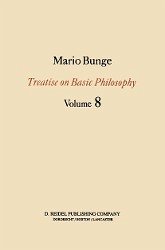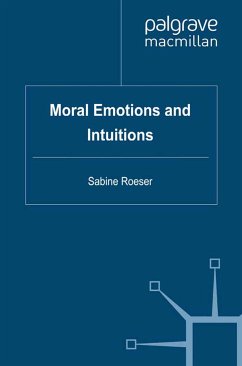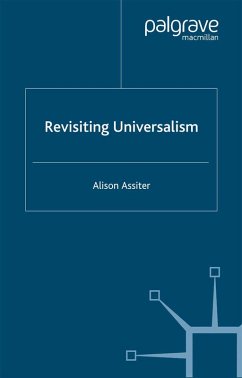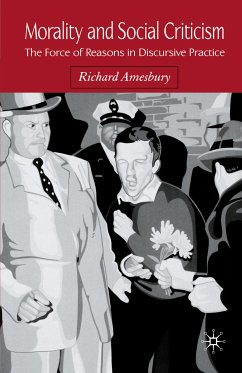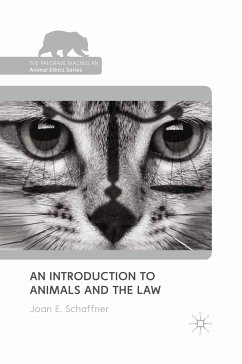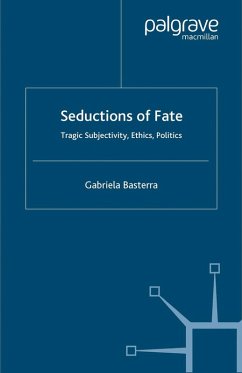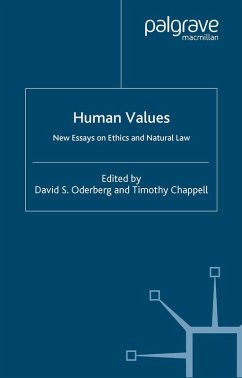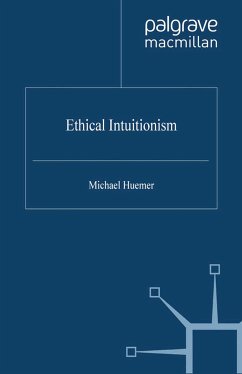
Ethical Intuitionism (eBook, PDF)
Versandkostenfrei!
Sofort per Download lieferbar
72,95 €
inkl. MwSt.
Weitere Ausgaben:

PAYBACK Punkte
36 °P sammeln!
A defence of ethical intuitionism where (i) there are objective moral truths; (ii) we know these through an immediate, intellectual awareness, or 'intuition'; and (iii) knowing them gives us reasons to act independent of our desires. The author rebuts the major objections to this theory and shows the difficulties in alternative theories of ethics.
Dieser Download kann aus rechtlichen Gründen nur mit Rechnungsadresse in A, B, BG, CY, CZ, D, DK, EW, E, FIN, F, GR, HR, H, IRL, I, LT, L, LR, M, NL, PL, P, R, S, SLO, SK ausgeliefert werden.



